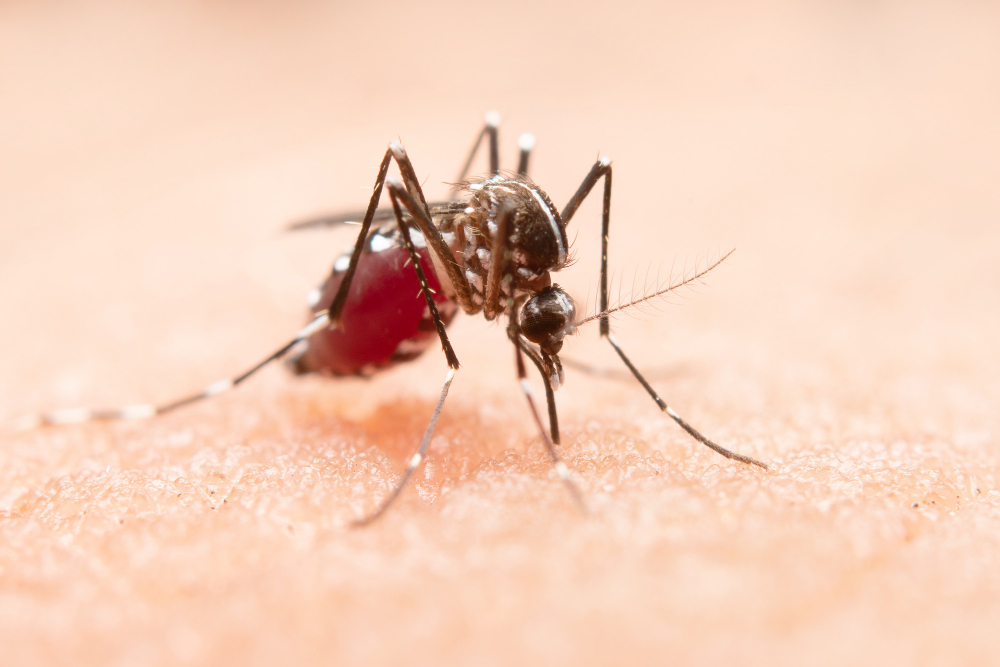What is Dengue?
Dengue is a viral infection spread by mosquitoes. It is common in tropical and subtropical areas. Many people recover from dengue with mild symptoms. However, some may face serious dengue complications. According to the World Health Organization (WHO), dengue affects millions each year. In some cities, outbreaks are more common during rainy seasons.
Common Complications of Dengue
While most cases are mild, dengue can lead to severe health problems. These dengue complications can be life-threatening if not treated quickly. The most common complications include:Dengue Hemorrhagic Fever (DHF): This causes bleeding, low platelets, and blood vessel damage.Dengue Shock Syndrome (DSS): This is a severe form that leads to dangerously low blood pressure.Organ Damage: In rare cases, dengue can affect the liver, heart, or brain.Severe Dehydration: Because of fluid loss, some people may become very dehydrated.
For this reason, it is important to know the signs of severe dengue symptoms.
Symptoms of Dengue Complications
Early detection of dengue complications can save lives. Watch for these severe dengue symptoms:Severe stomach painPersistent vomitingBleeding from nose or gumsBlood in vomit or stoolExtreme tiredness or restlessnessRapid breathingCold or clammy skinSudden drop in blood pressure
If you notice any of these signs, seek medical help right away. Early treatment can prevent serious outcomes.
Diagnosis of Dengue Complications
Doctors use several methods to diagnose dengue complications. First, they ask about your symptoms and travel history. Next, they may order blood tests. These tests check for:Low platelet countSigns of bleeding or organ damagePresence of the dengue virus
Sometimes, doctors use imaging tests to check for fluid buildup. Quick diagnosis helps guide the right treatment.
Treatment Options for Dengue Complications
There is no specific cure for dengue. However, doctors can manage dengue complications with supportive care. Treatment may include:IV fluids to prevent dehydrationBlood transfusions for severe bleedingClose monitoring in a hospitalPain relievers like acetaminophen (not aspirin)
Importantly, early treatment can lower the risk of death. According to the CDC, most people recover with proper care.
Prevention and Lifestyle Guidance
Although there is no vaccine for all types of dengue, you can lower your risk. Try these prevention tips:Use mosquito repellent on exposed skinWear long sleeves and pants outdoorsSleep under mosquito nets, especially at nightRemove standing water around your homeKeep windows and doors closed or use screens
Additionally, stay informed about dengue outbreaks in your area. Local health departments often share updates during high-risk seasons.
When to Seek Medical Help
Sometimes, dengue can get worse quickly. If you or a loved one has dengue and develops severe symptoms, do not wait. Seek medical help right away. Early care can prevent serious dengue complications and save lives.
In summary, knowing the signs of severe dengue and acting fast is key. Consult a healthcare professional if you suspect dengue or experience severe symptoms.

